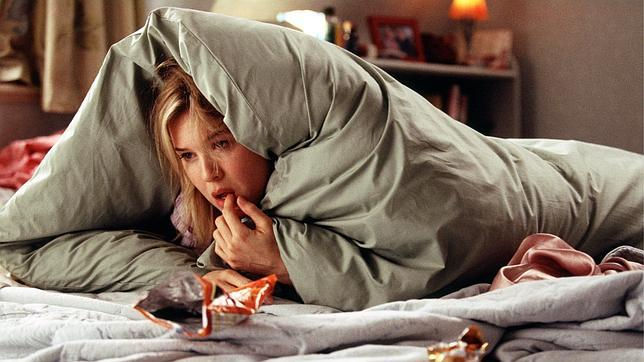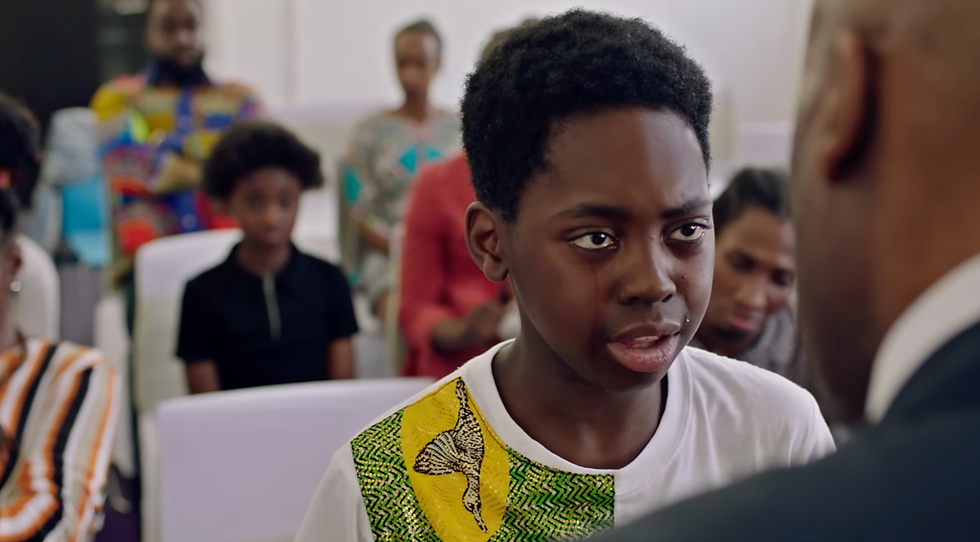Bridget Jones: The Frazzled English Woman Fantasy
- Jan 29, 2025
- 3 min read
Updated: Apr 2, 2025
With the new Bridget Jones film approaching, it's time to unpack why the Frazzled Englishwoman aesthetic is anything other than relatable.

Scrolling through TikTok, my FYP is flooded with videos showcasing the Frazzled Englishwoman aesthetic. Women with perfectly messy hair, draped in worn colourful scarves, clutching vintage handbags whilst lip-syncing to Bridget Jones quotes. The look is always chaotic yet effortlessly beautiful.
At the centre of this aesthetic is the archetype’s most prominent icon: Bridget Jones. The trend has skyrocketed in popularity ahead of the release of the new film Bridget Jones: Mad About the Boy, set to debut early this year - almost a decade after the original trilogy.
Known for her chaotic life, Bridget has long been crowned the queen of relatability for women. She navigates heartbreak and professional missteps from her improbably spacious London flat, chain-smoking cigarettes and polishing off bottles of wine with a sigh.
Despite her tendency to self-sabotage and perpetual low self-esteem, Bridget remains charismatic, joyful, and self-aware - always managing to end up with the man. Her mix of hopeless romanticism and self-deprecation transforms her messiness into desirability.
Though the original trilogy faced criticism for issues such as fatphobia, social media has elevated the Frazzled Englishwoman to iconic status, turning her into a symbol of imperfect aestheticism.
In the 2024 trailer, a dishevelled Bridget announces her sex life to a live TV audience, met by raucous applause. The teaser also hints at her entanglement with a 29-year-old lothario, all while juggling the chaos of single motherhood. The old Bridget is back - messier and more endearing than ever.
However, while these antics are celebrated on screen, what would this look like in real life? A public overshare of that magnitude could easily lead to professional disgrace, widespread humiliation and even intervention from social services (especially paired with Bridget’s penchant for alcoholism).
As media brands the aesthetic as a ‘trend for all women’, it is worth thinking about how the trope perpetuates harmful narratives by romanticising burnout and glossing over privilege.
The Privilege Problem
“From a sociological standpoint, the ‘frazzled woman’ trope embodies a particular form of class privilege that insulates characters like Bridget from the consequences of her chaotic actions”, says Dr Lisa Mackenzie, a sociologist specialising in the working class.
The unrealistic financial settings can obscure the reality of the struggles faced by working-class women. Giving a false image of what the consequences of chaos look like. For working-class women, chaos often involves systemic barriers like insecure housing, lack of healthcare access, childcare challenges, and wage instability. These struggles are invisible in Bridget Jones, where her problems, though chaotic, are always backed by financial stability.
Despite the harmful and often outlandish life decisions Bridget makes, she always manages to land on her feet. “It is important to recognise the privilege these characters have that allows them to bounce back so easily”, says Mackenzie. “Take Jones’ London apartment, for example - there’s no way that would be financially viable, especially when she’s often between jobs.
"Bridget's upper-middle-class background gives her access to well-connected networks, helping her bounce back from setbacks. Her cultural capital lets her move through privileged spaces effortlessly, like constantly leaving and re-entering the media job market”, she says.
“Also, her chaotic behaviour is celebrated as quirky and endearing in these spaces, but imagine if a woman from a lower socio-economic background acted the same way - she’d likely be fired, ostracised or shunned.
“This ties into the broader cultural trope where middle-class women are seen as charming and relatable. Actions like drinking too much, being late to work, or struggling romantically, which might be heavily stigmatised for working-class women, are seen as harmless and entertaining.”
Romanticising Disorder
The trope can also create a false sense of relatability for women who are experiencing burnout or mental health challenges. For viewers navigating similar struggles, the relatability may feel validating, but the trope often oversimplifies the complexity of these issues.
“Romatisicing chaos can undermine the seriousness of mental health struggles that can lead to issues like anxiety and depression”, says Katie Anderton, feminist writer and specialist in women’s mental health.
“The depiction of Bridget and The Frazzled Englishwoman makes women’s struggles seem trivial. By downplaying depression as clumsiness or quirkiness it reinforces a toxic cycle where women are encouraged to laugh off their difficulties instead of addressing them”, she says. "If struggles like not being able to care for yourself or feel happy are portrayed as 'charming,' women may feel pressured to endure these feelings in silence instead of seeking professional help."
The character of Bridget Jones reinforces the narrative that women’s value lies in their ability to persevere through challenges while maintaining charm and likability. “It is important to validate your experiences”, says Anderton. “Women must understand that real-life struggles with burnout, anxiety, or depression are not charming quirks, they’re serious and deserve acknowledgement and support.”



Comments